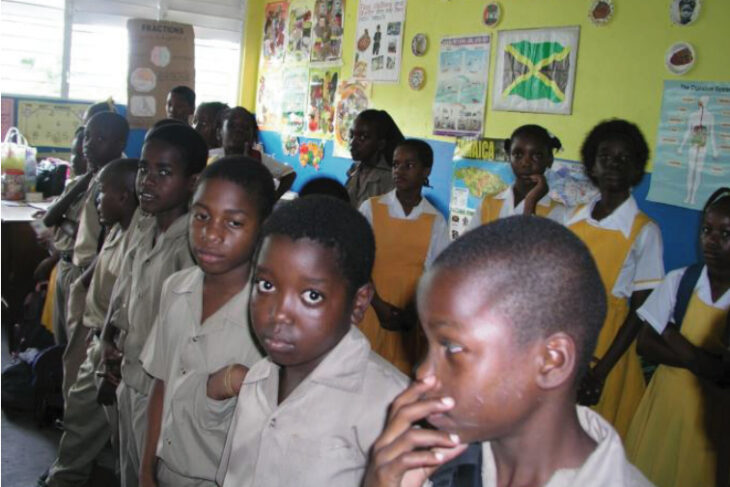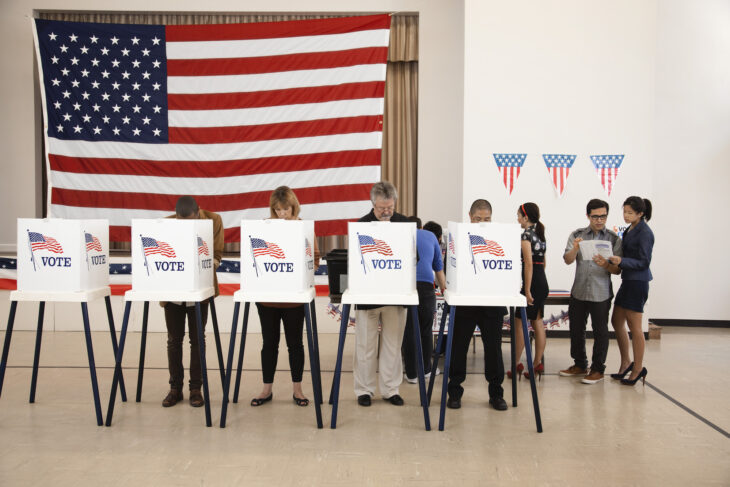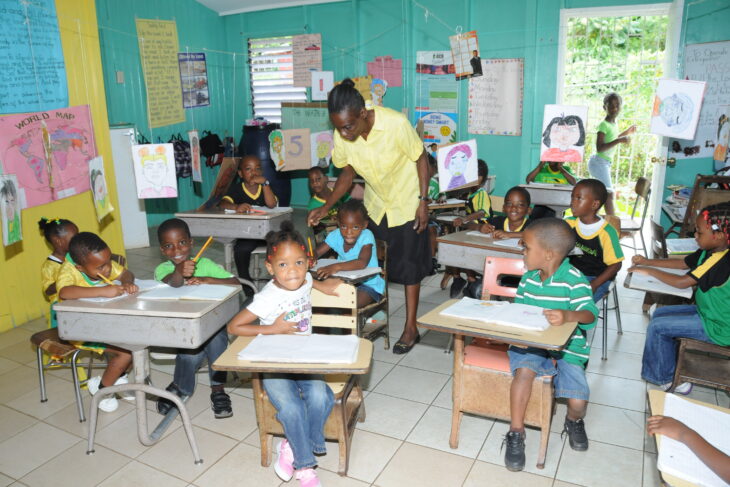
The year 2020 was a disaster for the entire world, and Jamaica is no exception. It presented challenges to all countries, big and small, rich and poor, and we have all shared desperation, depression, personal loss, and the silent symptom, fear of the unknown. At the same time, political struggles across the world have caused dissent, protest, armed aggression, even as they mourn the loss of life due to COVID-19.
Perhaps it is time to stop and breathe — even with a mask and distancing. It may be time to talk with one another by telephone and share verbal love and caring by voice rather than the short bursts of text, or social media. It is a time to maintain our humanity by talking to our loved one, the bereaved, the elderly and lonely, and those alone.
Some of the weaknesses across the world in setting timelines for the treatment of people suffering from the spread of the novel coronavirus; our capacity for providing beds and medicines; production and rollout of the vaccine process; have offered numerous opportunities for the credibility of governments and professionals to be challenged/ignored.
Some may describe this as an “ostrich syndrome”. The tension between health agencies and doctors; researchers and regulators; the anti-vaccine groups and the employers has escalated with the added speed of the Internet and social media. Unfounded “facts”, unqualified commentators, sensation seekers, rumour mongers, and fringe groups have been allowed the spreading of hysteria under the guise of “exercising their human rights and freedom of speech”.
However, the single greatest flaw has been the inclination to avoid the logistics and its relevance to projections, and to leave everything in the hands of governments, who have not been trained in that field and who may be afraid of seeming to go against political processes.
It has been an inventor and marketing dilemma. Underestimating the manufacturing and supply chain capabilities, a winning product/service is unavailable after a few weeks with no backup plan. In Jamaica, it has been the constant death knell of export marketing and sustainable. Not enough mangoes, pineapples, yams, cocoa, coco (eddoes), and so many other products required in overseas markets in North America and Britain. Add to this the similar vaccine mistakes in the development, testing, approval, manufacturing, distribution, and speed, then we can see that promises are not based in logic.
I dare say that my 11-year-old granddaughter’s calculations (shared in a previous article) have been fairly accurate, so I think she is ready for her PEP exams.
This preamble leads towards the summer of 2021 in a few important ways involved with disaster preparedness as follows:
- The coronavirus process continues to exert strain on our hospital systems and leaves a situation that people with non-COVID illnesses may not receive important surgery/treatment due to limited facilities. An assessment and modernization of all operating facilities across the country is essential for general services and some more centers of excellence.
- The medical staff shortages (mainly undersupply of nurses), and doctors who are overwhelmed, ancillary staff, and catering facilities, have become an emergency under the stress conditions of hospitals at near or over capacity. A process of full revision and modernization of nursing schools and faster access to specialist areas must be done now.
- La Soufriere’s eruption in St. Vincent and the Grenadines, combined with periodical Saharan Dust are contributors to human health deterioration, and the complications in air quality, breathing and allergic reactions, not related to the virus. Thanks to foresight of investment of IGL there is no shortage of oxygen.
- The conditions for development of hurricanes have already commenced even before the traditional June-November expectations. This is a component that must be analyzed and preventive action taken prior to any emergency. In this regard the private sector and the private citizen must be a part of the planning and more importantly the actions required.
- We have no relief ships in place even after St. Vincent, Haiti, and impending danger, and this recommendation from me is now 15 years old and the current Prime Minister agreed in Parliament to investigate and implement if feasible.
- We will require the Jamaica Red Cross and the Salvation Army to be official distributors of emergency supplies for shelters and displaced people as per the previous agreement. Local politicians will never be seen as fair distributors in our current political climate.
- Our top ODPEM executive has returned to his former substantive post for whatever reason. I sincerely wish the Chairperson Ms. Joy Douglas success in this potentially trying time. The agency needs to be elevated to a higher authority at specific times, and equipped appropriately so to do.
- Shelters, evacuations, and large groups of displaced people are not really as simple as in previous experiences due to COVID restrictions, distancing, and curfews.
- Rebellion, war, terrorism, political disputes, murders and violence, all serve the same goals in disrupting the manufacturing and total supply chain, traditional management and optimization, and our plans must anticipate these possibilities.
May is not too soon (and may be late) in engaging the full population in the discussion of the peculiar conditions of 2021, and starting a daily routine of checks and remedial action at their own homes and workplaces that should be taken. In the face of a hurricane threat, hospitals have been accustomed to send home ambulatory patients for family care. But in the case of so many in the hospitals with COVID-19 and infectious diseases, is this really a reliable methodology?
Has 2020 been a year where repairs to medical facilities have been adequately improved and maintained? Can nurses’ and doctors’ and other medical support services employees’ live-in spaces that may be required for temporary residential on-facility accommodations meet the required standards for COVID-19 safety? Can food and medical supply distribution mechanisms stand up to a double whammy?
What are the current and projected supplies relevant for disasters in both government and private sector facilities, and are these adequate?
These are my immediate concerns and answers are required.




Well said. We are not out of it yet, but we can get there if we continue to work for our safety and well-being.